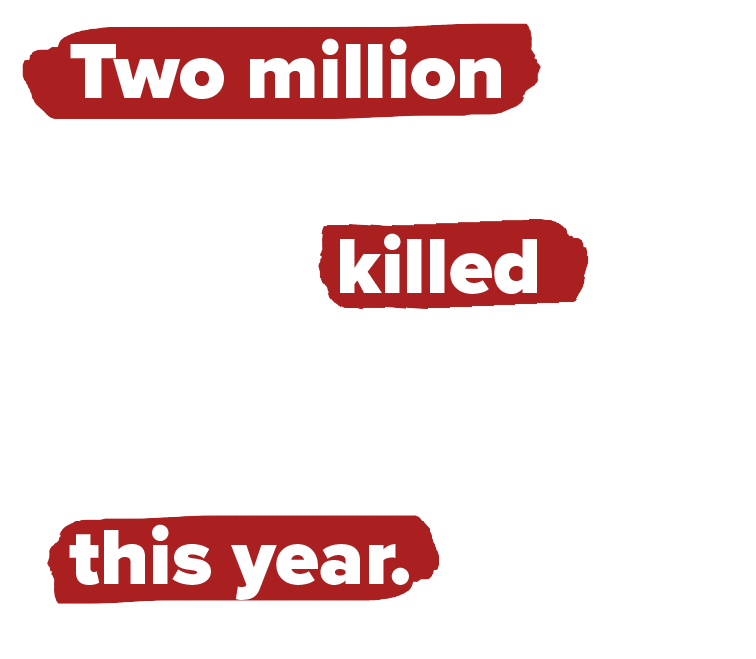Short answer: yes.
Before 2023, newborn male calves were either killed on-farm within 24 hours of life or sent to slaughterhouses after a few days. Of the 2 million bobby calves born in 2020, around 1.7 million were sent to meat processing plants at around four days old, and around 245,000 were killed and discarded on-farm shortly after birth.
Fonterra announced in January 2023 that they would no longer allow their suppliers to kill bobby calves on-farm, requiring that all calves enter a “value-stream”. This means that from 1 June 2023, more calves will be raised into the beef industry, or killed at four days old and used for veal or pet food. Exceptions could still be made for on-farm euthanasia at the discretion of farmers.
However, farmers have already raised concerns about their capacity to manage surplus calves. Some farms may have to unprofitably raise calves to higher weights and because newborn calves require a high level of care, it may be more difficult for farmers to adhere to animal welfare best practice.
Fonterra’s announcement tells us that the social license of the dairy industry is strained; they are aware that New Zealanders do not support the routine killing of bobby calves. SAFE believes that raising more animals into meat production is not the right forward for the industry. Instead, Government should be creating pathways for farmers to transition out of the sector and investing in Aotearoa’s burgeoning plant-based sector.


